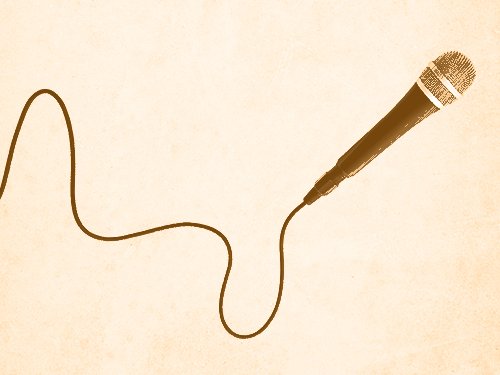Learn about New Zealand’s first women engineering graduates, the changing university and workplace experience and our growing understanding of the value of diversity.
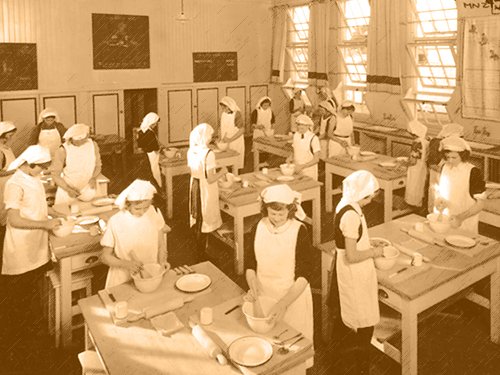
Early days
Women were early participants in university education in New Zealand, but it wasn't until the second half of the twentieth century that women graduated with engineering degrees.
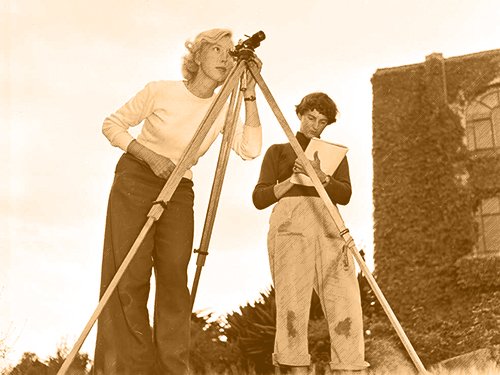
Beginnings in the 1960s
In the 1960s, women began to enrol at University of Auckland and Canterbury engineering schools. They also found opportunities to train at smaller universities or technical institutes that were just becoming established.
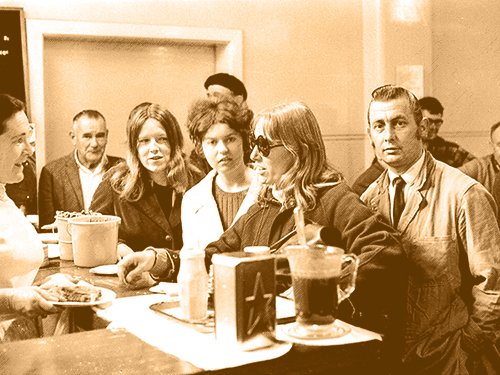
Changes in the 1970s
The women’s movement of the 1970s pushed for women’s entry into non-traditional careers and campaigned for pay equity and educational opportunities. Engineering schools looked to increase female enrolments.
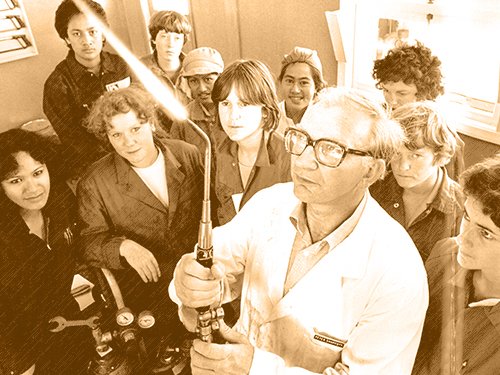
Advocacy in the 1980s
In the 1980s, government campaigns encouraged women to consider non-traditional jobs. More women were attending university and enrolments in engineering moved from 2 percent to 12 percent.
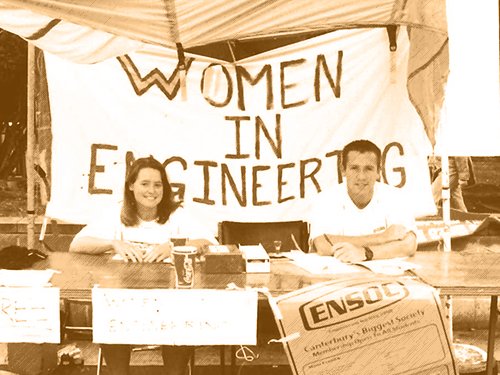
Growth in the 1990s
In the 1990s, attention turned to women’s experience in the workplace. More women were graduating as engineers but were more likely than men to leave the profession.
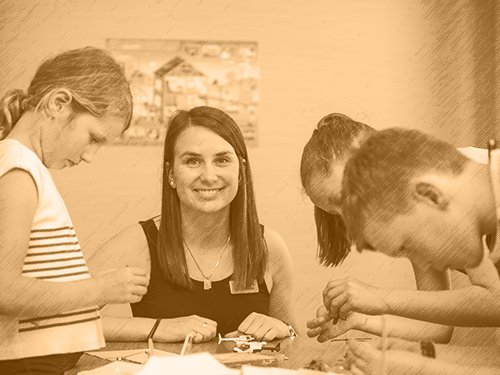
Workplace experience in the 2000s
In the 2000s, workplace culture and the value of diversity were widely discussed. Companies sought to retain women in the profession.
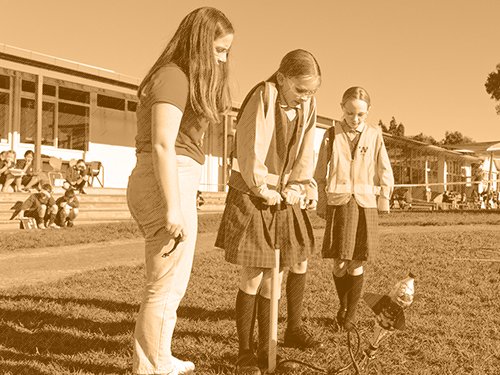
Diversity in 2010–2024
In the 2010s and 2020s, bold new initiatives focused on diversity and inclusion have made engineering a more welcoming place for all.
